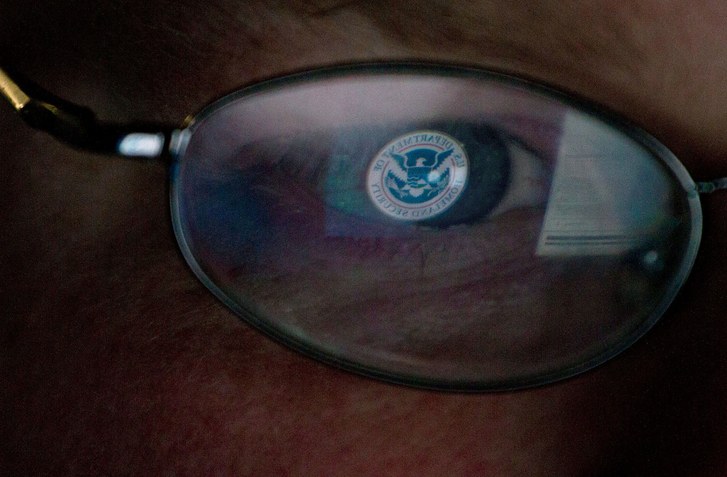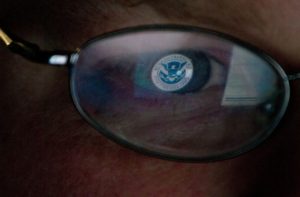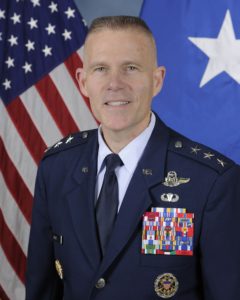
Cyber Threats, Iran
Does Iran have the capability to take down critical infrastructure in the US via a cyber attack? According to the experts that we interviewed for The Black Sky Event Documentary Series, the Iranians have one of the most advanced and dangerous cyber armies in the world. It may be more of a question of the will to do it rather than the capability.
Leaders in government and private industry are extremely concerned about the venerabilities of our vital infrastructure to cyberattack, the excerpt below is from a NIAC (National Infrastructure Advisory Council) Council’s letter to President Trump in December 2019.
 Mr. President,
Mr. President,
“Escalating cyber risks to America’s critical infrastructures present an existential threat to the continuity of government, economic stability, social order, and national security. U.S. companies find themselves on the front lines of a cyberwar they are ill-equipped to win against nation-states intent on disrupting or destroying our critical infrastructure. Bold action is needed to prevent the dire consequences of a catastrophic cyber attack on energy, communication, and financial infrastructures.”
The NIAC report that accompanied the letter and recommended actions to help strengthen our cybersecurity for critical infrastructure.“The nation is not sufficiently organized to counter the aggressive tactics used by our adversaries to infiltrate, map, deny, disrupt, and destroy sensitive cyber systems in the private sector…”
Check out the link below to an article in the New Yorker on the current threat from Iran.
Source: The New Yorker https://www.newyorker.com/tech/annals-of-technology/should-the-us-expect-an-iranian-cyberatt

Interview Spotlight
 A retired United States Air Force Lieutenant General, Kwast was commissioned into the Air Force upon graduation from the U.S. Air Force Academy in 1986 and earned a Masters of Public Policy degree from Harvard’s Kennedy School of Government.
A retired United States Air Force Lieutenant General, Kwast was commissioned into the Air Force upon graduation from the U.S. Air Force Academy in 1986 and earned a Masters of Public Policy degree from Harvard’s Kennedy School of Government.
He earned his pilot wings in June 1989 and completed F-15E Strike Eagle training at Luke Air Force Base, Arizona. He has more than 3,300 flying hours, including more than 650 combat hours during operations Desert Shield, Desert Storm, Southern Watch, Allied Force and Enduring Freedom. Kwast has commanded at the squadron, group and wing levels, including as the commander at the 455th Air Expeditionary Wing, Bagram Airfield, Afghanistan.
General Kwast was the deputy director for Politico-Military Affairs for Europe, NATO and Russia, Strategic Plans and Policy Directorate, Joint Staff, the Pentagon, Arlington, Va. Prior to his current assignment, General Kwast was the Commander and President, Air University, Maxwell AFB, Alabama. General Kwast has served as a military aide to United States Vice President and completed a National Defense Fellowship with the Institute for the Study of Conflict, Ideology, and Policy at Boston University, Massachusetts.
In 2018-19, Kwast oversaw the creation of the Electromagnetic Defense Task Force (EDTF). This task force was created to undertake an effort to understand the challenges and opportunities facing militaries and societies in an age increasingly dominated by the electromagnetic spectrum (EMS), a broad area of activity characterized by the visible and invisible movement of light and energy. The EDTF Task Force was a triage response to an enterprise-wide knowledge deficiency about the criticality of issues confronting the United States and its allies as every aspect of modern society becomes increasingly reliant on the EMS.
Interviewing General Kwast for The Black Sky Event at the EDTF 2.0 task force conference provided a unique military perspective on the electromagnetic threats that we face.

 Mr. President,
Mr. President,

Recent Comments